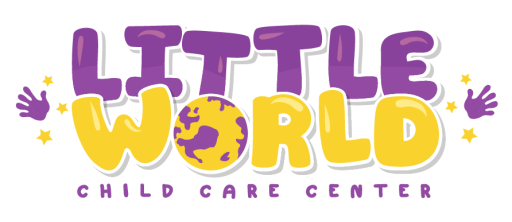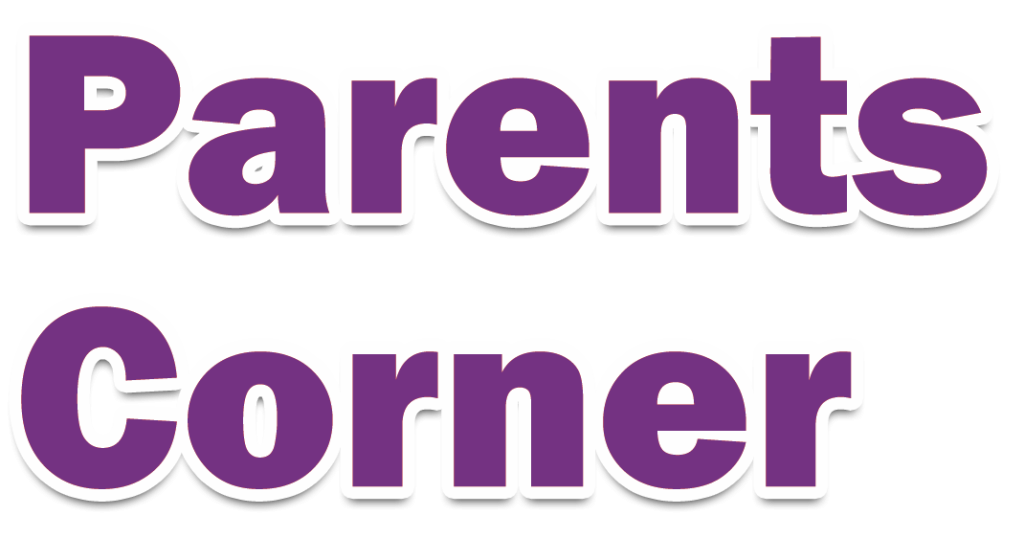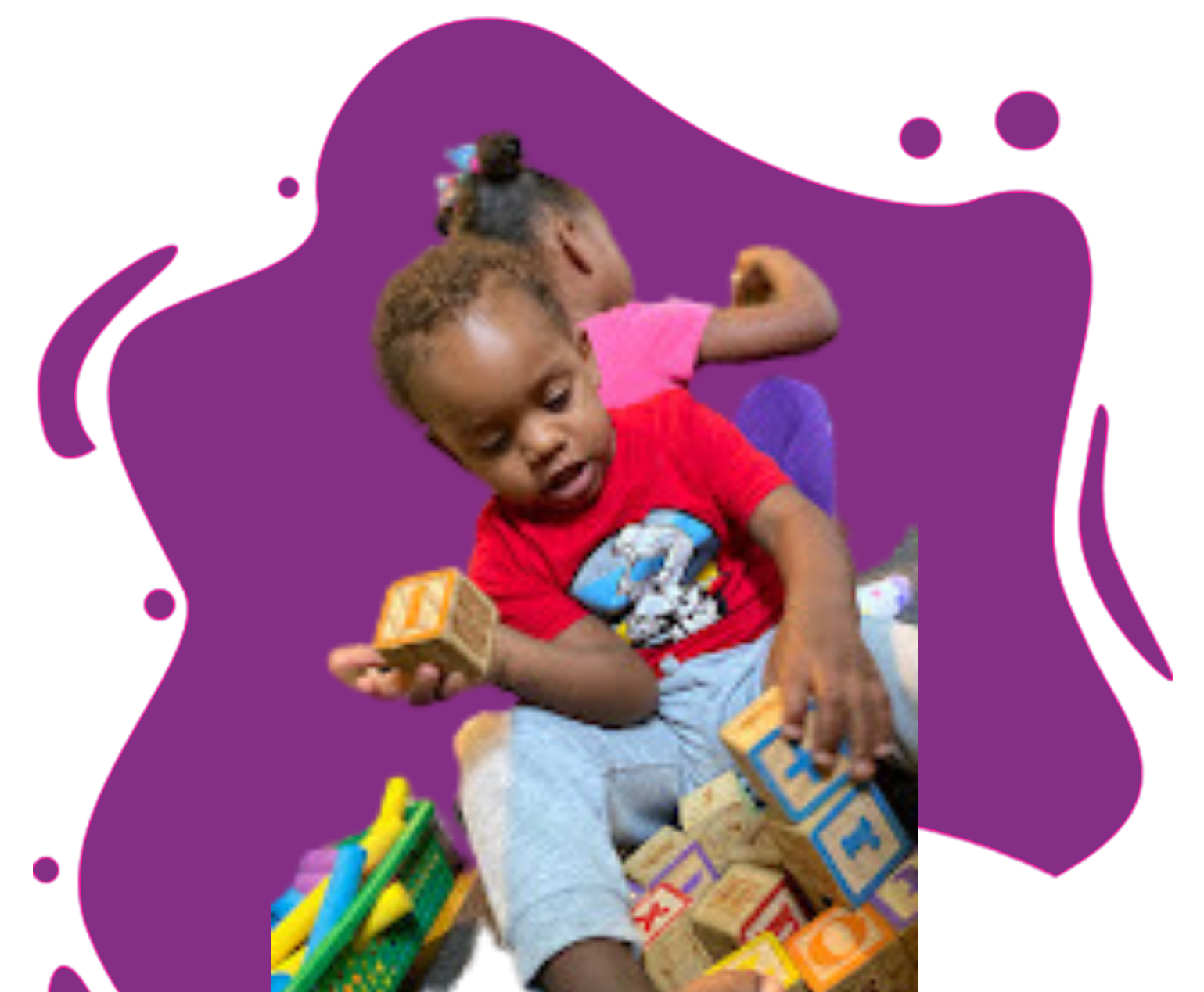


Holidays
Policies
- New Year’s Eve
- New Year’s Day
- Good Friday
- Easter Monday
- Juneteenth
- Martin Luther King Day
- Memorial Day
- Independence Day
- Labor Day
- Thanksgiving
- Christmas Eve
- Christmas Day
We believe that children learn best through experiences. The discipline methods used in our center are positive
ones that encourage a child to gain self-control, self-direction, and self-esteem. We use methods of helpful
discipline so that the children may develop their own problem solving and choice-making skills. All staff is
trained in High Scope Approach to Conflict Resolution techniques and Adult Child Interaction language which
lead to a consistency of language as children move from classroom to classroom over the course of several
years. There are six steps to helping children resolve social conflicts, as outlined below:
- Approach the conflict calmly, in a matter-of-fact manner – stop any hurtful behavior
- Acknowledge feelings
- Initiate and facilitate conversation between children and gather information
- Help children identify and state the problem
- Ask children for ideas on how a problem could be solved and develop a solution
- Provide follow-up support as needed (School Social Worker and or
- Phycologist may be called in to advise on how to help on an individual Basis
Little World Childcare Center employs positive child management techniques. The staff expects that parents will discuss appropriate behavior with their children. Parents must be aware that adults serve as role models for children. Additionally, Provider is responsible for protecting the children in Provider’s care, and for providing a safe workplace for staff members.
We value and respect the diversity of culture within our programs and community, therefore have developed this plan to promote cultural competence among our staff and students. Three areas of activities are included in this plan, culturally diverse environments, promoting family involvement and employee training. A committee meets quarterly to discuss how to include diversity into the curriculum.
When your child bites another child, this will be documented in a biting log. The biting log will work on a
point system as follows:
1 Point: Bite that is barely visible
2 Points: Bite with evident mark that is raised or bruised
3 3 Points: Bite that breaks skin
Points will be determined by LWCCC Management teams. The maximum number of points allowed varies
depending on the child’s age.
- Maximum Points Allowed:
- 24 months and under 30 Points
- 24 – 36 months 20 Points
- 36 months and up 10 Points
Holidays
Policies
- New Year’s Eve
- New Year’s Day
- Good Friday
- Easter Monday
- Juneteenth
- Martin Luther King Day
- Memorial Day
- Independence Day
- Labor Day
- Thanksgiving
- Christmas Eve
- Christmas Day
We believe that children learn best through experiences. The discipline methods used in our center are positive ones that encourage a child to gain self-control, self-direction, and self-esteem. We use methods of helpful discipline so that the children may develop their own problem solving and choice-making skills. All staff is trained in High Scope Approach to Conflict Resolution techniques and Adult Child Interaction language which lead to a consistency of language as children move from classroom to classroom over the course of several years. There are six steps to helping children resolve social conflicts, as outlined below:
- Approach the conflict calmly, in a matter-of-fact manner – stop any hurtful behavior
- Acknowledge feelings
- Initiate and facilitate conversation between children and gather information
- Help children identify and state the problem
- Ask children for ideas on how a problem could be solved and develop a solution
- Provide follow-up support as needed (School Social Worker and or
- Phycologist may be called in to advise on how to help on an individual Basis
Little World Childcare Center employs positive child management techniques. The staff expects that parents will discuss appropriate behavior with their children. Parents must be aware that adults serve as role models for children. Additionally, Provider is responsible for protecting the children in Provider’s care, and for providing a safe workplace for staff members.
We value and respect the diversity of culture within our programs and community, therefore have developed this plan to promote cultural competence among our staff and students. Three areas of activities are included in this plan, culturally diverse environments, promoting family involvement and employee training. A committee meets quarterly to discuss how to include diversity into the curriculum.
When your child bites another child, this will be documented in a biting log. The biting log will work on a point system as follows:
1 Point: Bite that is barely visible
2 Points: Bite with evident mark that is raised or bruised
3 3 Points: Bite that breaks skin
Points will be determined by LWCCC Management teams. The maximum number of points allowed varies
depending on the child’s age.
- Maximum Points Allowed:
- 24 months and under 30 Points
- 24 – 36 months 20 Points
- 36 months and up 10 Points
Parent's Responsibilities
Field trips can provide excellent learning experiences for your children. Teachers are encouraged to incorporate the field trip experiences with their classroom teaching. It is program policy for parents to give written permission for their children to attend field trips.
All our Programs provide parent/teacher conferences at least twice per school year, in the late fall and spring. This is a time for parents who would like individual time with their child’s teacher to meet; day and evening appointment times are available. Sign-up sheets are posted in the classroom.
Cultural diversity, for young children, begins within their individual families. As a result, the addition of family participation in the classroom and activities is essential. Families are asked to provide photos of families, work within the classroom as volunteers, as presenters within the classroom demonstrating language and culture, supporting the center with language and translation support, and providing feedback via survey and quarterly parent meetings to help center staff in knowing if our plans and activities have been successful.
We believe discipline can be a positive technique used to teach a child. Giving positive, verbal rewards encourages acceptable behavior. The positive talk reinforces a child’s good feeling about his/her behavior and
serves as an example to the children to act in such a way to receive praise. The children are explained the rules of the classroom frequently so that they are aware of the guidelines. Once a child understands the rules and disobeys them, the following techniques are used.
- Ignoring: Some negative behavior is produced by a child to get attention. It can be stopped when it does not get the attention desired. We will use this technique along with positive reinforcement for good behavior unless a safety issue is involved. Approach the conflict calmly, in a matter-of-fact manner – stop any hurtful behavior.
- Redirection: We offer alternatives to children engaged in undesirable behavior by presenting a different toy or activity.
- Verbal Intervention: Help children identify and state the problem. We explain to the child the inappropriate behavior and show him/her the appropriate way to handle the situation.
- Logical Consequences: We help the child understand the logical consequence of his\her actions by removing the object or activity the child is engaged in with undesirable behavior.
- Take a Break: The child is separated from the group to allow him/her time to calm down and to help him/her not to be influenced by peers. The child will have access to limited activities during this time and will be closely monitored. The child may return to the group as soon as negative behavior stops. Asking a child to stop and think about their behavior enables the child to work at self-control.
It is a State Requirement that all children in care for more than 4 hours have a designated rest period of at least 2 hours nap time. We will provide the nap cot for your child during this time. Please send a labeled fitted crib sheet and small blanket (only if over 1 year ) every Monday. These items will remain at the center during the week. On Friday, please remember to take your child’s bedding home to be washed before you bring them back on Monday. Children are not required to sleep but to rest quietly during this time. To reduce the risk of SIDS, the following rules will be applied:
- All infants 12 months and under will be placed on their backs to sleep
- NO pillows, bumper like pads, stuffed animals, or blankets are allowed in the crib.
- NO pacifiers with stuffed toys attached may be used while sleeping.
- Your child will be physically OBSERVED every 15. while sleeping.
Once an infant can roll over from back to belly, they will be put down on their backs but will be allowed to adopt whatever sleeping position they prefer. A notice of achievement will be placed over their crib.
Before your child can begin attendance in the program the required health appraisal and current immunization record and any documentation specific to the child, including but not limited to, custody documents, allergy and asthma information, and any special needs instructions must be on file. We will then meet with each parent and review the Parent handbook and all procedure and policies pertaining to the center. Your child can not be enrolled until this final step has been made.









